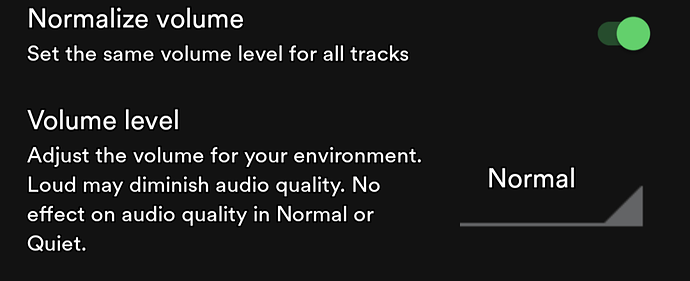Ratt’s “You’re in Love” from 1984. The way we would listen to this back in the day, is you would set your stereo so that Warren’s guitar intro was medium-loud. Then when the band comes in, they’re very loud and they blow you away. Try it out. Set the YouTube player so that Warren’s intro is loud. And then get ready for the drums:
Here’s Ratt’s “Eat Me Up Alive” from 2010. It’s basically the same riff. So, do the same thing. Set the volume on your YouTube player so that the intro guitar is the exact same loudness level as the intro guitar from “You’re In Love”:
When the drums come in, does it blow you away? It it even any louder at all than the guitar intro? It’s not. The entire band is not appreciably louder than only one of its members playing by himself.
Ergo cramming everything up against 0 dbfs has killed recorded guitar music excitement. Even the best engineered record from today will have essentially zero dynamic range. The entire way we listened to music back in the day is simply no longer even possible.
I’m using the Ratt example because (1) the song is nearly identical, and (2) the mix engineer on the newer song is Elvis Baskette, one of the best working today. He’s the producer/mixer who recorded the Alter Bridge tracks mentioned in the Tremonti thread.
To be clear, the loudness wars are not his fault. I’m sure if he had to mix for dynamic range he’d do it very well. But this is what we’ve come to.







![Panopticon - Kentucky [Full Album]](https://img.youtube.com/vi/a80Kwu2zaCM/hqdefault.jpg)





